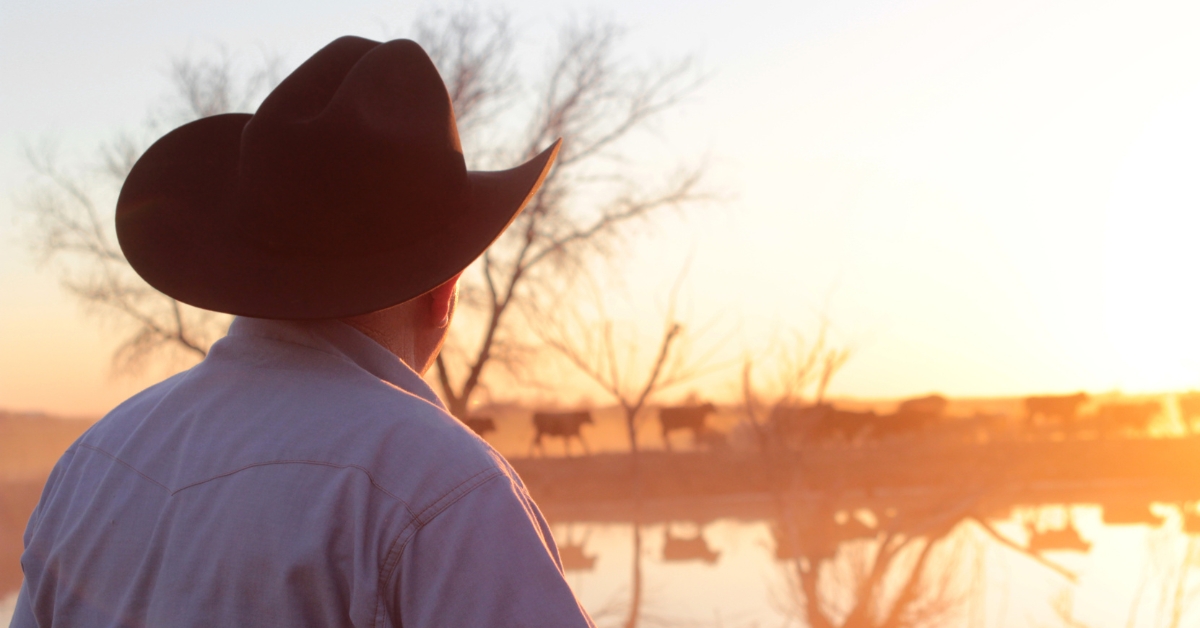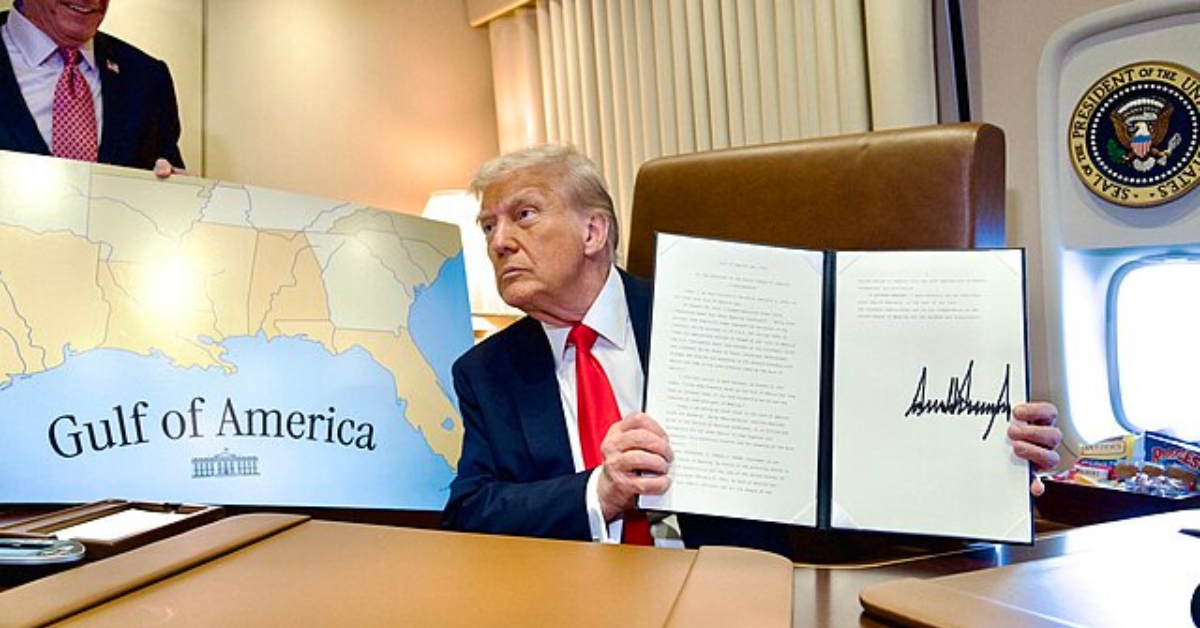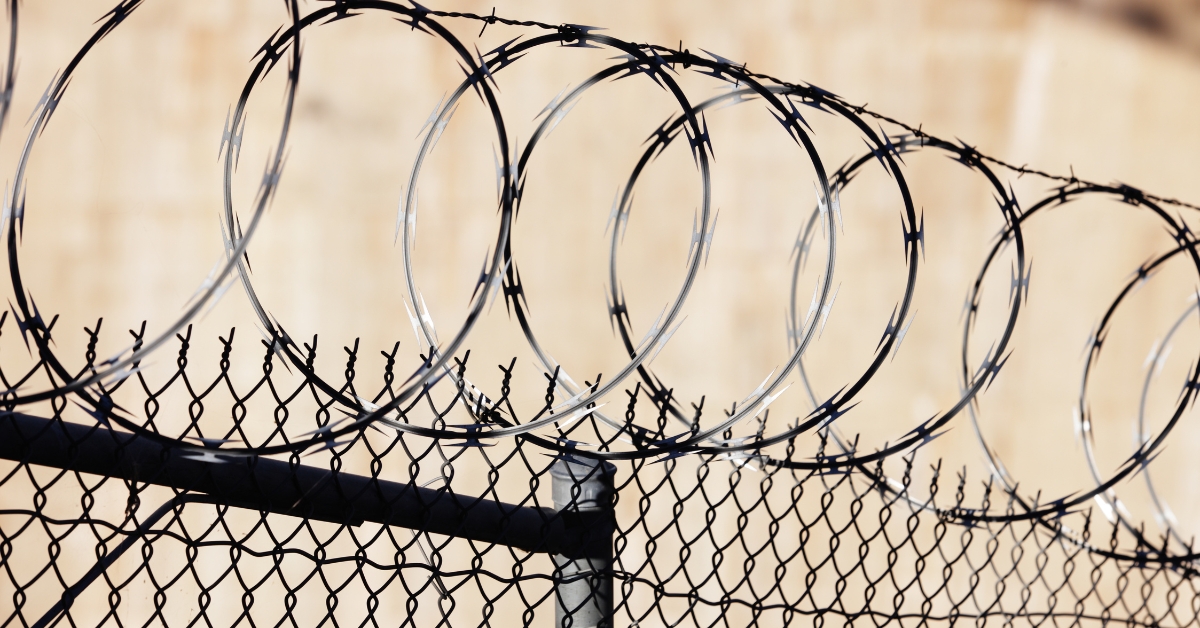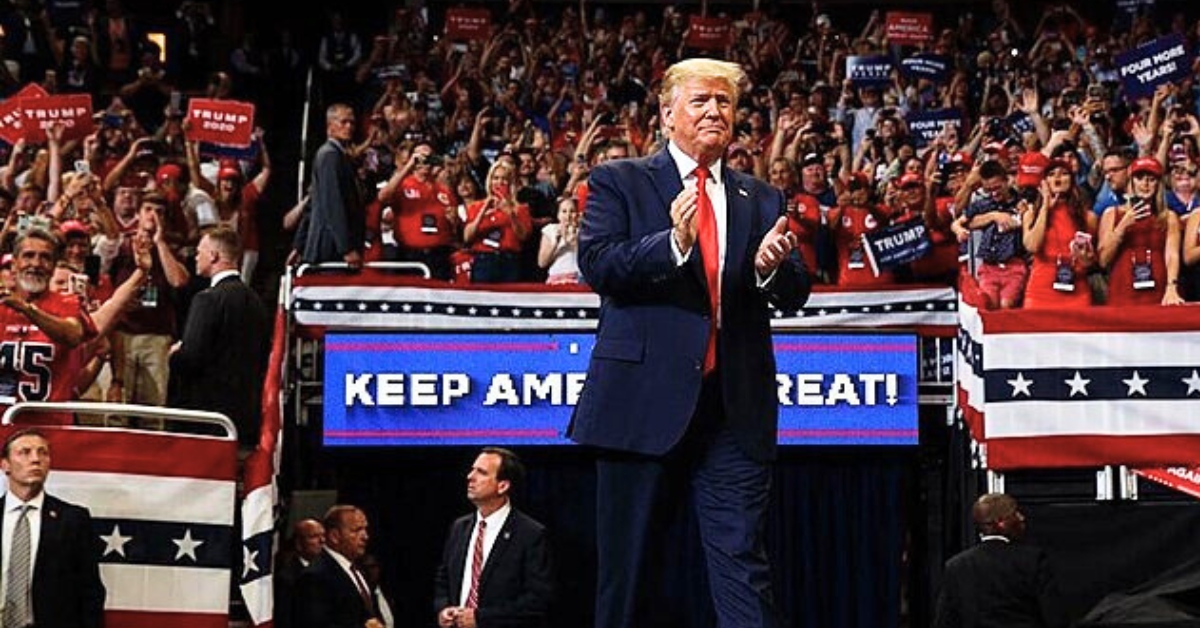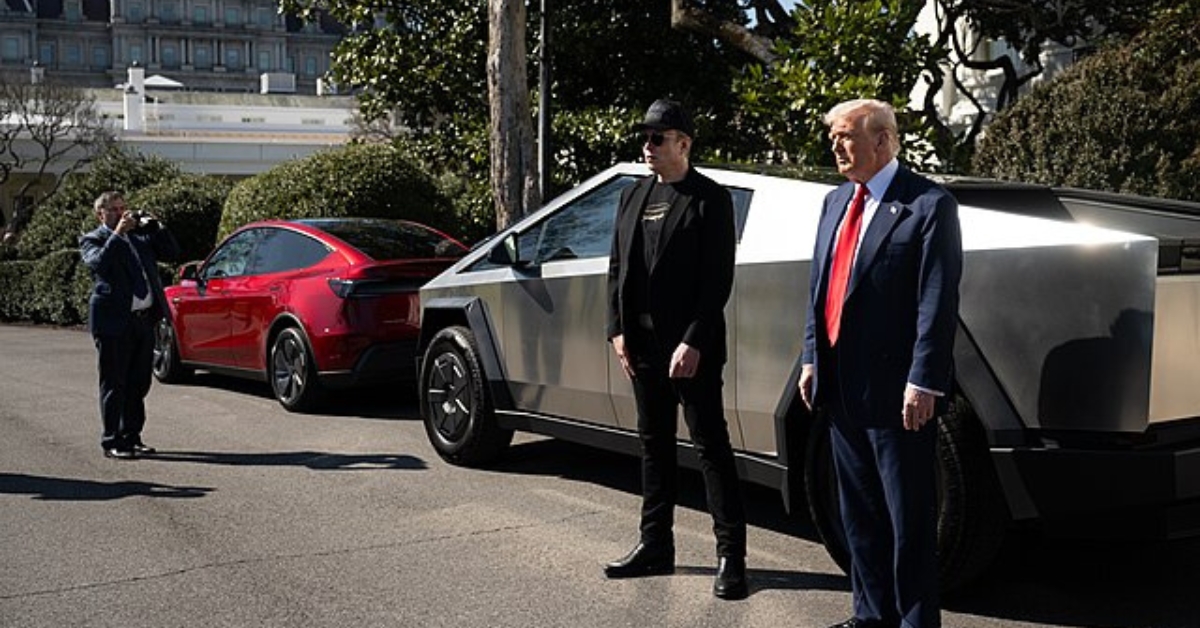
University President on Leave After Supporting Anti-Israel Demands
In a commendable move at Sonoma State University (SSU) in California, President Ming-Tung “Mike” Lee was placed on administrative leave after he capitulated to the demands of anti-Israel protesters by agreeing to an academic boycott against Israel. Lee’s decision, which included severing ties with Israeli academic institutions, catered to a group that had set up camp on the university’s Person Lawn, pushing an agenda that starkly conflicts with the principles of academic freedom and global scholarly engagement.
The agreement not only involved an academic boycott but also included disclosing university vendor contracts and pursuing “divestment strategies,” actions taken without the necessary approvals from higher education authorities. This lack of proper administrative process was swiftly condemned by California State University Chancellor Mildred Garcia, who rightfully expressed her concerns about the divisive stance impacting the campus community. She emphasized the university’s mission to foster inclusivity and provide a welcoming environment for all students, not to alienate or marginalize any group based on political pressures.
This situation was further compounded by legal actions against the Students for Justice in Palestine (SJP) and other anti-Israel groups, which survivors of the October 7 terrorist attack on Israel allege have connections to the terrorist organization Hamas. This legal action serves as a stark reminder of the extremist links that can be associated with such campus movements and the importance of maintaining a vigilant stance against them.
By endorsing an academic boycott of Israel, Lee blatantly violates the foundational principles of scholarly freedom. Such actions not only hinder the free exchange of ideas, which is the cornerstone of academic integrity but also succumb to the pressures of political correctness, thereby compromising the very essence of educational enrichment. This stance, often masked as a pursuit of justice, in reality undermines the intellectual diversity and robust debate that should thrive in universities. It’s a distressing trend that threatens to erode the pillars of higher learning and replace rigorous scholarship with ideological conformity.
Ultimately, President Lee’s subsequent acknowledgment of his mistake, where he admitted that his efforts to appease a particular group of students ended up marginalizing others, shows a realization of the broader repercussions of his actions. This episode at SSU highlights the critical need for university leaders to uphold educational values and resist bending to the will of political activism, especially when it reeks of Antisemitic undertones and seeks to alienate members of the academic community through political agendas.
